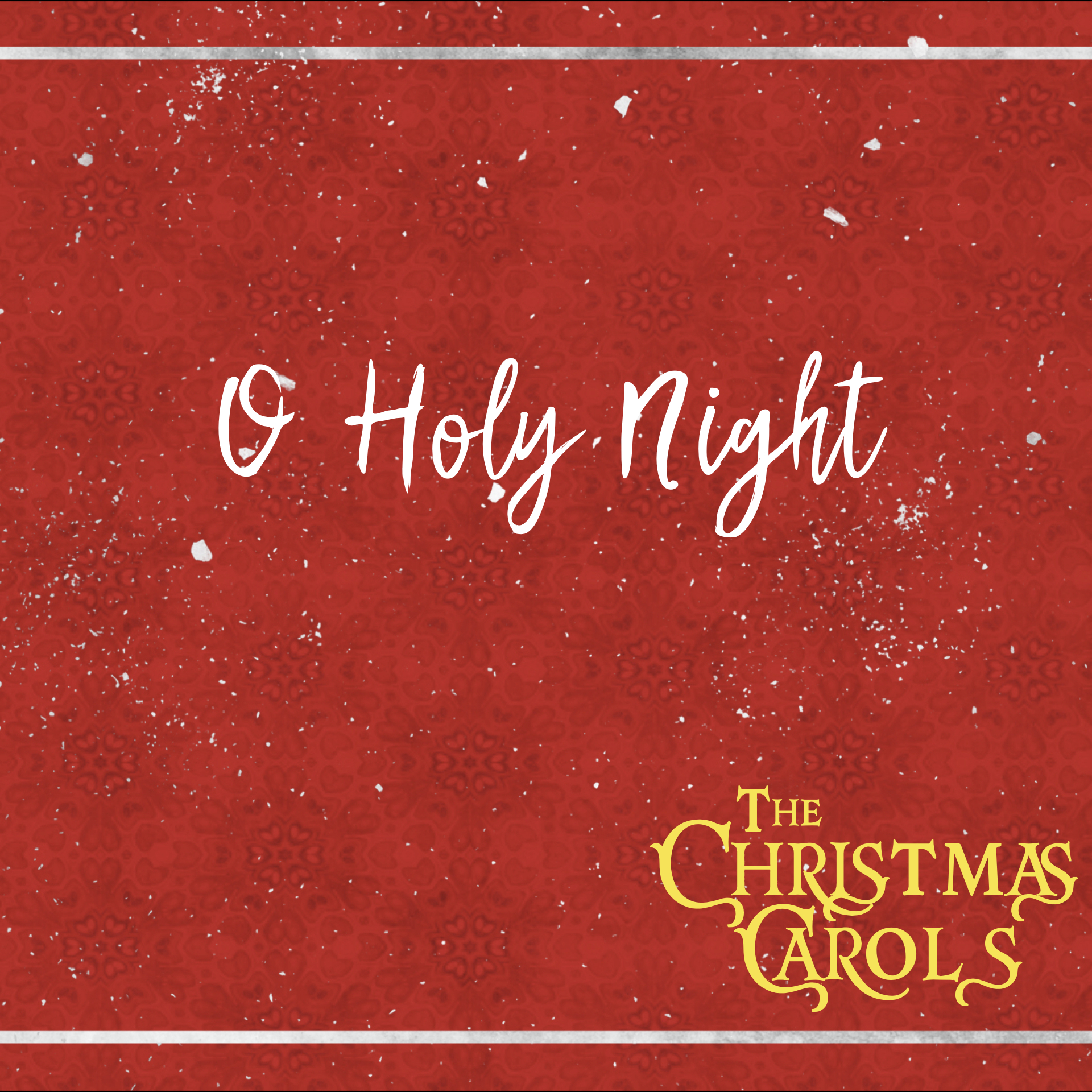The Christmas Carols: Past, Present, & Future HopeSample


Day 24
O Holy Night
Read: Philippians 1:15-18; Mark 9:38-40
In 1847, a French Catholic Priest commissioned a Christmas poem from local winemaker Placide Cappeau de Roquemaure who penned the words to “O Holy Night.” Cappeau believed these verses would do well set to music and approached noted composer Adolphe-Charles Adam. The finished product was first sung at Christmas Eve Mass in 1847 and quickly became popular throughout France. However, when Cappeau left the Catholic Church to become a socialist, and when it was discovered that Adam was actually Jewish and did not believe Jesus was the Son of God, the church banned the song.
The song may have never reappeared had it not been for American John Sullivan Dwight, an abolitionist, who held a special affinity for the verse that says of Jesus, “Chains shall He break for the slave is our brother, and in His name all oppression shall cease.” He translated the song into English and on the verge of the United States Civil War, introduced the song to American churches where it gained quick acceptance in the North due to its anti-slavery message. The song then exploded in popularity around the world!
This reminds me of Philippians 1:15-18 and Mark 9:38-40 which show that God does not use perfect people to accomplish His plans. In fact, He does not always even use believing people to accomplish His plans. God can call forth praise for Himself from any vessel He chooses. In the case of “O Holy Night,” God used a Socialist French poet and a Jewish composer to inspire praise and worship among His people. Now THAT is sovereignty. If you are a believer in Christ, rejoice as you hear “O Holy Night, “ knowing God’s gracious intentions of using fallen people to accomplish His grandest plans.
One last note . . . in 1906, Chemist Reginald Fessenden (working with Thomas Edison) turned on a microphone on Christmas Eve, read from Luke 2, then picked up his violin and played “O Holy Night.” This was the first broadcast of music over the new technology of radio. Telegraph operators on ships and in newspaper offices around the country, instead of hearing their usual codes of clicks and pops, heard clearly the words of the Bible and the beautiful tune of Cappeau and Adam.
O Holy Night
O holy night, the stars are brightly shining.
It is the night of the dear Savior's birth!
Long lay the world in sin and error pining,
Till He appeared and the soul felt its worth.
A thrill of hope, the weary soul rejoices,
For yonder breaks a new and glorious morn.
Fall on your knees, O hear the angel voices!
O night divine, O night when Christ was born!
O night, O holy night, O night divine!
Led by the light of faith serenely beaming,
With glowing hearts by His cradle we stand.
So led by light of a star sweetly gleaming,
Here came the wise men from Orient land.
The King of kings lay thus in lowly manger,
In all our trials born to be our friend!
Fall on your knees, O hear the angel voices!
O night divine, O night when Christ was born!
O night, O holy night, O night divine!
Truly He taught us to love one another;
His law is love and His Gospel is peace.
Chains shall He break for the slave is our brother
And in His Name all oppression shall cease.
Sweet hymns of joy in grateful chorus raise we,
Let all within us praise His holy Name!
Fall on your knees, O hear the angel voices!
O night divine, O night when Christ was born!
O night, O holy night, O night divine!
Scripture
About this Plan

This 30 day devotional examines one Christmas carol each day and reflects on how that song helps us to better understand and follow Jesus. Most carols are familiar to us…we sing them every year…but do we really grasp what they are talking about? In other words, when we look at “The Christmas Carols,” do we hear the hope of Christmas past, present, and future?
More
We would like to thank Wildwood Community Church for providing this plan. For more information, please visit: https://wildwoodchurch.org
Related Plans

No More Mr. Nice Guy: Saying Goodbye to Doormat Christianity

Small Yes, Big Miracles: What the Story of the World's Most Downloaded Bible App Teaches Us

Live Well | God's Plan for Your Wellbeing

Breaking Free From Shame

From Overwhelmed to Anchored: A 5-Day Reset for Spirit-Led Women in Business

THE BRAIN THAT SEEKS GOD: Neuroscience and Faith in Search of the Infinite

____ for Christ - Salvation for All

Filled, Flourishing and Forward

Engaging in God’s Heart for the Nations: 30-Day Devotional
